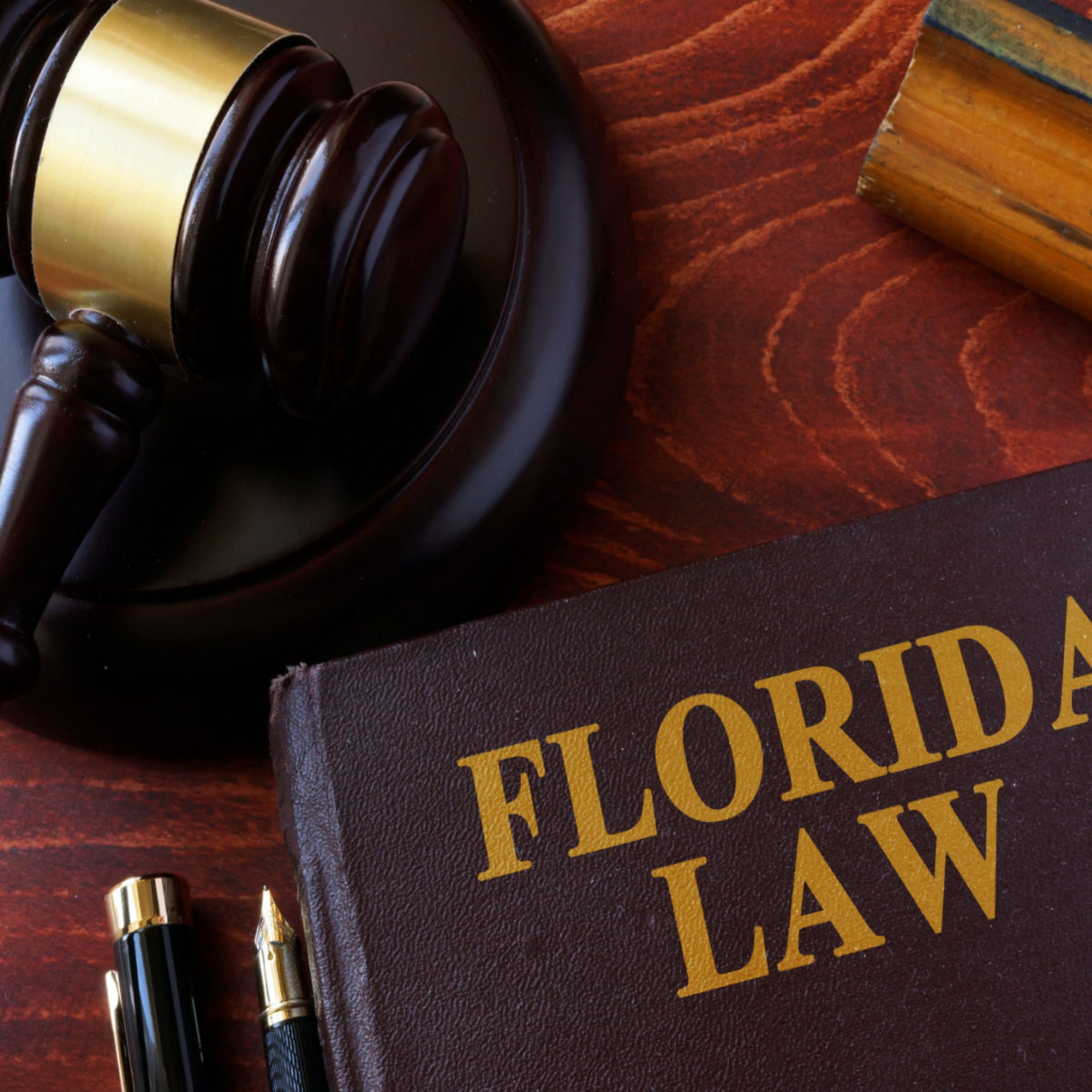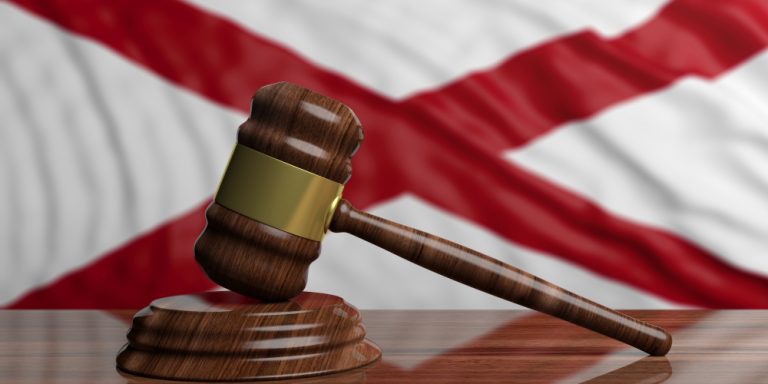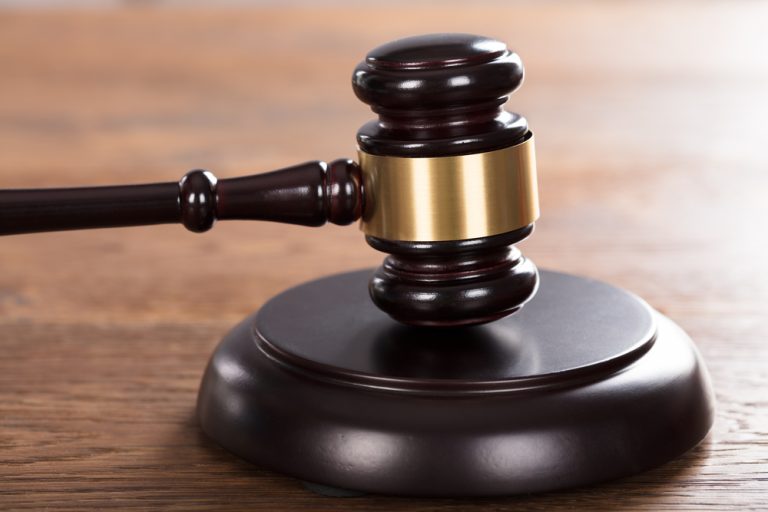Breaking it Down: What Florida Insurers Need to Know about Bad Faith After Tort Reform
Breaking it Down: What Florida Insurers Need to Know about Bad Faith After Tort Reform
Bad-faith litigation is a hot topic in Florida following the passage of the new tort-reform measure known as House Bill 837. However, even in the face of reasonable legislative changes, it remains important for insurers and their adjusters to be aware of the basics and comply with good-faith duties as part of the claims process. By having a full understanding of what those duties are, insurers and their adjusters can proactively spot issues before they potentially arise into something more. Below I discuss the origin of an insurer’s good-faith duties, key concepts for claims handling, and detail how Florida’s new tort-reform law will affect bad-faith law.
The Source and Origin of a Claim Handler’s Good-Faith Duties
Bad-faith litigation in Florida arose out of the common law and only in the context of third-party liability claims. The groundbreaking case that most influenced bad-faith law was Boston Old Colony Ins. Co. v. Gutierrez, 386 So. 2d 783 (Fla. 1980). In that case, the Florida Supreme Court clearly spelled out an insurer’s good faith duties in the context of a third-party liability claim:
- to advise the insured of settlement opportunities;
- to advise the insured as to the possible outcome of the claim;
- warn the insured of the possibility of an excess judgment;
- warn the insured of steps to avoid an excess judgment;
- fully investigate the facts;
- give fair consideration to a reasonable settlement offer; and
- settle, if possible, where a reasonably prudent person faced with the prospect of paying the total recovery would do so.
In 1982, the Florida Legislature created a statutory cause of action for bad faith, which applied to first- and third-party claims. See Fla. Stat. § 624.155. Under the statutory standard, bad faith could occur where an insurer did not attempt in good faith to settle a claim when, under all the circumstances, it could and should have done so, had it acted fairly and honestly toward its insured and with due regard for her or his interests.
Key Concepts for Claims Handling
To comply with the above duties, claims handlers should comprehensively approach and analyze each claim based on their unique facts. Understanding that each claim is unique, courts analyze whether an insurer complied with its good-faith duties under a “totality of the circumstances” approach—meaning that all relevant facts will be considered.
It is important for claims handlers to document their claims files, update their insureds in writing, timely respond to settlement demands and requests for information; and request additional time to provide information when it is reasonable to do so. Further, where insurance coverage is an issue, it is a best practice for insurers to split the file so that one adjuster handles only liability issues while another adjuster handles only coverage issues.
HB 837 and Changes to Florida Bad-Faith Law
HB 837 should have a profound effect on bad-faith litigation moving forward, especially with respect to third-party liability claims. Often an insurance company receives a time limit demand from a claimant’s attorney that seeks a tender of the policy limits within an unreasonably short number of days. HB 837 addresses that issue by providing insurers with 90 days to make a claim determination. Specifically, the new law provides that there can be no common law or statutory bad faith against a liability insurer that tenders the lesser of (1) the policy limits or (2) the amount demanded within 90 days after receiving actual notice of a claim accompanied by sufficient evidence to support the amount of the claim.
In addition, HB 837 codifies the common law principle that mere negligence alone is insufficient to constitute bad faith. Courts have previously ruled as such, but that principle had become less clear over the years, especially after Harvey v. Geico was decided by the Florida Supreme Court in 2018. In that case, a dissenting justice noted that the majority opinion “muddie[d] the water between negligence and bad faith” and adopted a negligence standard “in all but name.” HB 837 clears up any confusion that may have resulted from that case.
Finally, courts were previously precluded from considering the actions or inactions of an insured, claimant, or their respective attorneys in the adjustment of a claim. Courts noted that the focus should be on the insurer, and not the other parties. However, HB 837 provides that courts can now consider the actions of insureds, claimants, and their representatives, who now have a duty to act in good faith in providing information to an insurer.
HB 837 also includes other provisions that will be helpful to insurers. For example, it establishes a procedure for an insurer to pay a claim where multiple claimants will exhaust a policy’s limits.
While HB 837 will be helpful to insurers in defending against bad-faith claims, insurers and claims handlers must still be prudent in adjusting and handling claims – and have due regard for the insureds’ interests.
This article was originally published in Insurance Journal on April 18, 2023, and is republished here with permission from the publication.








